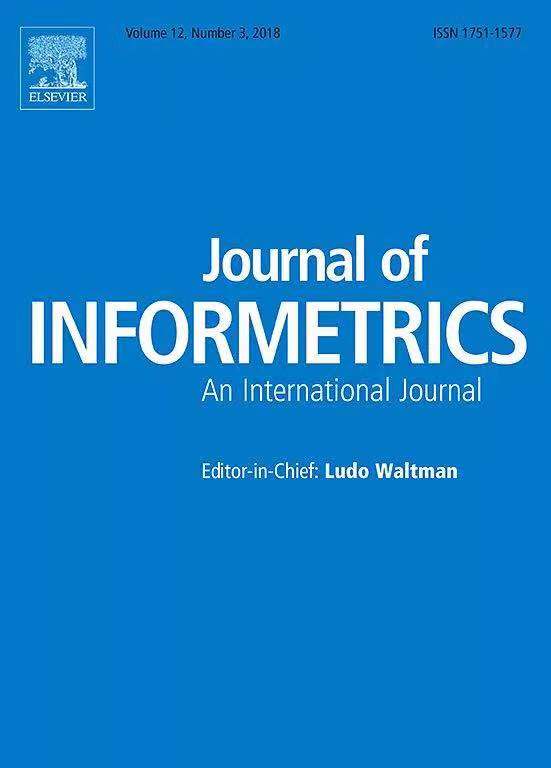Recently, the deputy director of China Institute for Science and Technology Policy of Tsinghua Univeristy, professor Zheng Liang published his latest paper in the journal of Journal of Informetrics, the authoritative journal of scientific metrology.
The paper points out that basic research is an important pillar of a country's sustainable innovation capability and economic competitive advantage. The results of basic research have greater externalities than research and development (R&D) activities. Therefore, relying solely on market mechanisms to encourage sustained basic research often leads to market failures, which is the reason why basic research relies heavily on government financial support, and China is no exception. According to data released by the Nationa Science Foundation of China (NSFC), the Chinese government has been investing a considerable amount of money for the development of basic research. At the same time, in the process of increasing research funding, the allocation of funds shows the distinctive characteristics of the concentration of funds at the research institution level, with obvious Matthew effect.
Based on the data of the project report, the article conducts an empirical study on the relationship between the research output of the project leader and the amount of funds received by the institution, and finds that the concentration of the funded institution is the research output of the project leader. In particular, Chinese papers have a "negative spillover effect", with a distinct "Chinese background" and significant policy implications. Based on these, it is proposed that research funding should be paid to fund inter-agency balance, and the "SCI-only" academic evaluation system should be reformed. A series of policy recommendations, such as strengthening the internal teamwork of the organization through the establishment of a “double PI system”.

The Journal of Informetrics (JOI) publishes rigorous high-quality research on the quantification of information science. The journal's main focus is on topics such as bibliometrics, scientometrics, network metrology, and alternative metrology. It also encourages the use of methods from other quantitative fields to study information domain issues such as mathematics, statistics, computer science, economics and econometrics, operations research and network science methods.
Paper information:
Zhifeng Yin, Zheng Liang, Qiang Zhi.(2018). Does the concentration of scientific research funding in institutions promoteknowledge output. Journal of Informetrics, 12(4), 1146-1159.